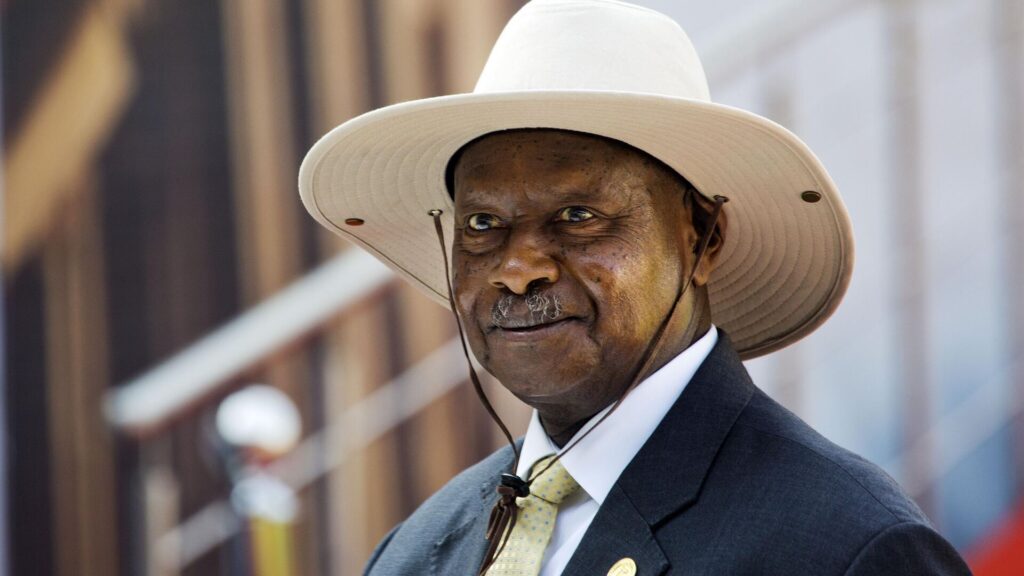Uganda’s largest opposition party, the National Unity Platform (NUP), has filed a petition in the Constitutional Court seeking to overturn a newly enacted law that reinstates the military’s power to prosecute civilians.
The law, passed by parliament in May and signed by President Yoweri Museveni in June, reverses a January Supreme Court ruling that barred such trials, declaring that military tribunals lacked the legal competence to conduct criminal proceedings in a fair and impartial manner.
Local and international human rights organisations have long accused Museveni’s government of using military courts to target political opponents. Authorities deny the allegations, insisting that only civilians involved in armed political violence are prosecuted by the military.
Speaking outside the court on Wednesday, NUP secretary general Lewis Rubongoya criticised the legislative process, alleging that it was marred by procedural violations, including inadequate public consultation. “They violated all the processes that they should follow while passing laws,” he said. NUP lawyer George Musisi confirmed the petition had been filed, urging the court to strike down the legislation.
Many NUP members, including party leader and presidential hopeful Robert Kyagulanyi better known as Bobi Wine have faced charges before military tribunals. The opposition fears the new law could again be used to suppress dissent ahead of next year’s general election, in which Museveni, now 80 and in power for nearly four decades, is expected to run.
Military leaders have defended the law. Former army spokesperson Chris Magezi hailed it as a deterrent against “the formation of militant political groups,” while the Chief of Defence Forces, Gen. Muhoozi Kainerugaba Museveni’s son congratulated parliament on its passage.
The Supreme Court’s earlier decision had forced the transfer of cases such as that of Kizza Besigye, a prominent opposition figure facing treason and other charges, from military to civilian courts. Besigye, a long-time critic of Museveni, has been detained for almost nine months and repeatedly denied bail.
The constitutional challenge is now set to reignite debate over Uganda’s use of military courts in political cases a contentious practice critics say undermines judicial independence and the rights of the accused. The ruling will be closely watched both domestically and internationally.

